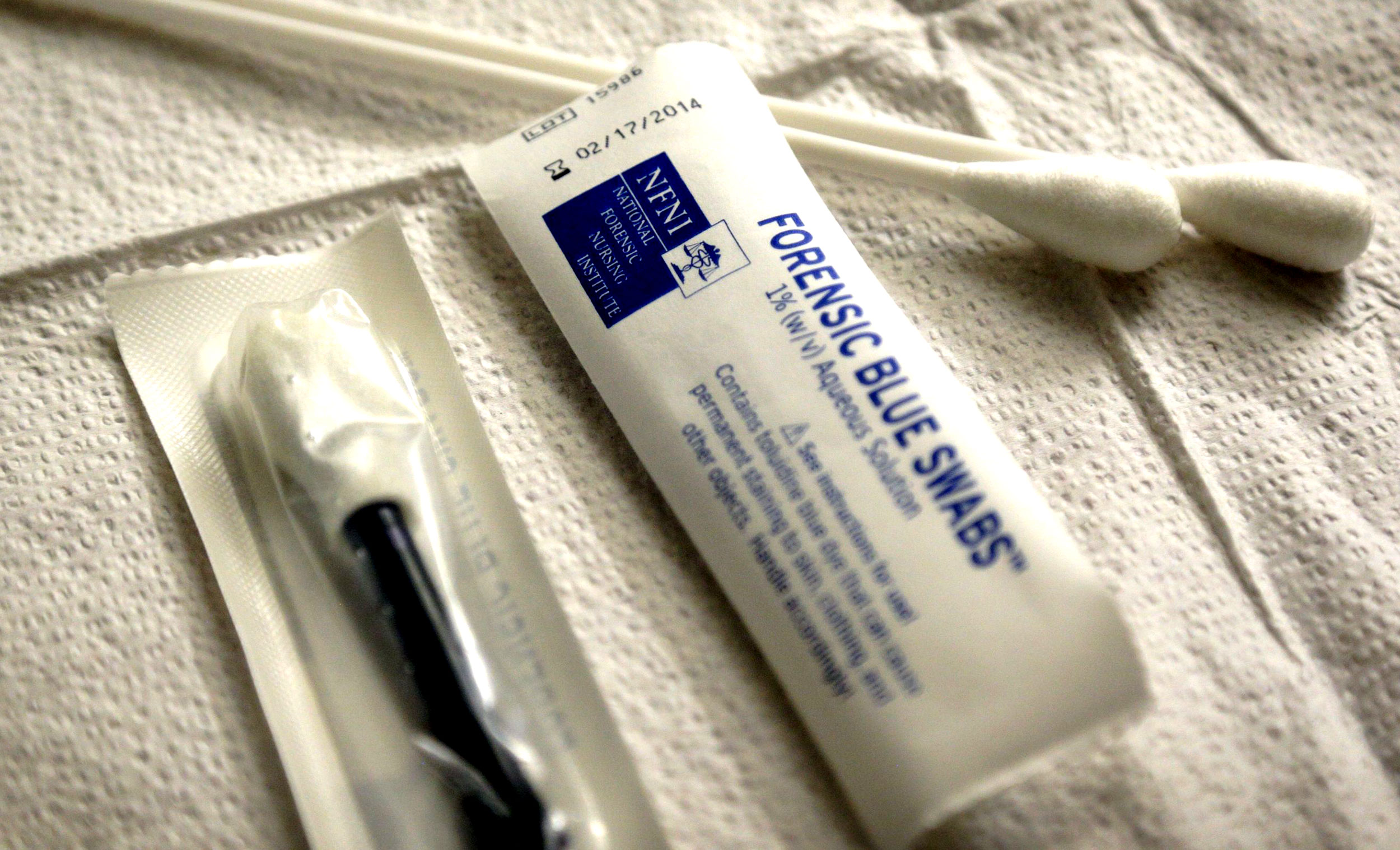Research
Our interdisciplinary research looked at the connections between sexual violence, medicine, and psychiatry, across four thematic research streams. The research began with the experiences of victims and survivors of sexual harms across different global societies.
This is an important time to investigate the relationship between medical professionals and sexual violence.
SHaME brought together researchers from different disciplines across the humanities and social sciences to explore the dialogues between medical professionals and people who have experienced sexual violence. We were an interdisciplinary research hub and each research project fed into collaborative debates around the role of police doctors/FMEs, medicine and law, psychiatry, and the aftermaths of sexual harms.

Research Projects
GPs, Police Surgeons, Forensic Medical Examiners
How do medical professionals respond when a person reports being a victim of sexual violence? The medical examination is crucial for future outcomes, including the healing of physical and psychological injuries and the outcome in any subsequent court case.
Medicine and Law
What role does the law play in the way medical and psychiatric aspects of sexual violence are defined, assessed, and judged? Legal texts instruct medical students and practitioners how to present evidence in formal legal settings, as well as how to examine victims.
A Recent History of Children, Medics and Sexual Abuse in the Family
Through archival research and oral histories, Dr Ruth Beecher seeks to gain insight into the ways community-based nurses, doctors, psychologists and psychiatrists in Britain have responded to the possibility that a child has been sexually abused by a family member. 1970s-2000s
Archived: Sexual Violence on the California Frontier, 1848-1900
In late nineteenth-century California sexual violence revealed dynamics of American expansion on the western frontier. Caitlin Cunningham’s PhD explores how it was understood and responded to at various social and institutional levels.
Research Themes

Psychiatric Aftermaths
We explore the aftermath of sexual violence for victims. How have victims of sexual harms dealt with its psychological aftermaths? Medical professionals have developed different ways of understanding the traumas of sexual violence, including rape trauma syndrome and PTSD. We are interested in geographic variations in the understanding of rape trauma, as well as the way such understandings have changed over time (such as the ‘humoral’ and ‘nerve’ models used in the nineteenth century and before).
The trauma of rape is often unevenly distributed by victim characteristics and offender profiling. What qualifies someone as an expert in diagnosing rape trauma (e.g. psychiatrist, social worker, member of rape crisis centre, police doctors) and how have ‘expert testimonies’ been received in court (viz. hearsay; issues of falsifiability and levels of reliability; their testimony rebounding negatively on victims)? The research will analyse the impact of feminist thought and medical activism on both scientific knowledge and therapeutic services.

From Psychopathia Sexualis to the DSM/ICD
Perpetrators of sexual violence have been understood through medical and psychiatric lenses, including those of moral insanity, degeneration, psychopathy, paedophilia, and sexual sadism. What do these different classification systems tell us about the meaning ascribed to sexual violence, including the ‘medicalisation of criminality’.
How has knowledge about the ‘nature’ or ‘identity’ of sex offenders changed over the past two centuries? We trace shifts from nineteenth-century notions of sexual danger to late-twentieth century evaluations of risk. Forensic psychiatry and medicine have attempted to make sense of sexually violent men and women through debates about degeneracy, psychosexual development, brain malformation, conditioning, hormonal balances, genetics, personality traits, and so on.
Psychiatrists and other mental health professionals have attempted to distinguish ‘ordinary sex offenders’ from ‘perverse’ or ‘sadistic’ ones. They have introduced techniques and technologies seeking to predict who is at risk of becoming a sex offender (e.g. phrenological and other physiological measurements, psychological and personality tests, penile plethysmograph). These have major implications for punishment and treatment regimes. Attention will be paid to the self-fashioning of offenders, who were not only subjects of psychiatry but also co-creators of scientific knowledge.

Medicine and Law
This Research Theme explores and explains shifts in the relationship between law, medicine, and sexual violence from the early 1800s, when medical jurisprudence became an elective course in medical schools, to the present. Medical jurisprudence texts claim to provide objective knowledge about science in relation to legal questions. They instruct medical students and practitioners on how to examine, assess, and adjudicate on complaints of sexual violence for use within legal settings. Key jurisprudence texts have been influential in formulating, propagating, and sometimes debunking many of the most prominent ‘rape myths’.
This theme is curious about changes in the legal education provided in medical schools about sexual violence, including the weighting given to such courses and their content. It analyses: the ways in which differences in legal structures affect the medical management of rape complainants; the impact of the increasingly adversarial relationship between physicians and jurists on rape trials; and the ‘construction of norms’ with regards to the bodies of both alleged victims and their assailants. Today, when only a tiny proportion of rapes reported to the police ever end in a conviction, an understanding of the history of medico-legal interactions is more urgent than ever.

GPs, Police Surgeons, Forensic Medical Examiners
The ways medical professionals behave when faced with victims of sexual violence are important. Their responses vary dramatically over time as well as according to victim characteristic such as age, gender (including transgender), disability (e.g. Alzheimer sufferer) and minority status (e.g. African American, Latino, indigenous, refugee, sex worker), as well as the financial status of the medical service. Physicians’ behaviour, particularly scepticism about the veracity of the complaint, exerts a powerful pressure on levels of reportage.
If victims (or their caretakers) report the offence to the police, they are asked to consent to undergo a medical examination. Victims routinely claim that this is the most distressing part of reporting a sexual assault, yet medical evidence of assault and marks of violence are crucial for any successful prosecution. Physicians need to decide whether to prioritise medical assistance over the collection of evidence to present at court. Forensic sciences have dramatically altered practices and policies.
Physicians are also required to medically examine alleged perpetrators of sexual violence. How do police doctors reconcile the tension between health care and defence/prosecution requirements? In cases of alleged child sexual abuse within the home and ‘institutions of care’, how do medical practitioners evaluate ‘private’ needs (family, care-givers) versus ‘public’ justice (child protection)?
Affected by sexual violence or sexual abuse?
If you have been affected by issues relating to sexual violence, we can recommend some support services.